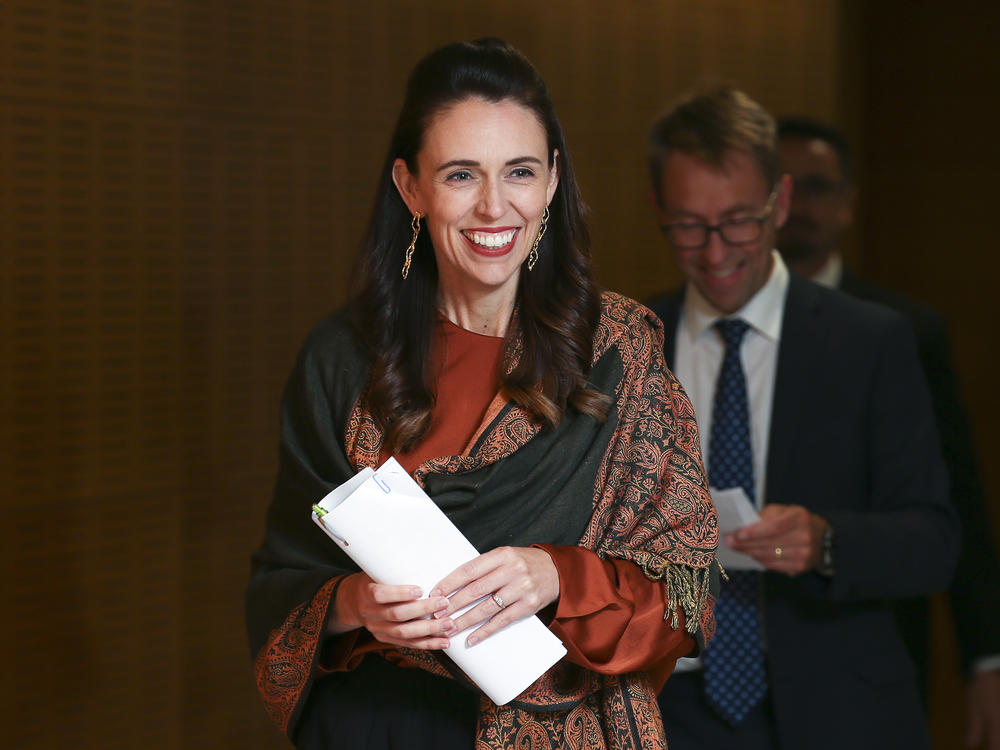Section Branding
Header Content
New Zealand Will Offer Free Sanitary Products At Schools To Fight Period Poverty
Primary Content
All schools in New Zealand will offer free sanitary products to students starting in June, officials said Thursday. The initiative, which aims to combat period poverty, expands on a pilot program that launched last year.
In their announcement, Prime Minister Jacinda Ardern and Associate Education Minister Jan Tinetti said the program is open to all primary, intermediate, secondary and kura, or Maori-language immersion schools. Arden said that providing free period products at schools is one way for the government to help address poverty, increase school attendance and support students' well-being.
"Young people should not miss out on their education because of something that is a normal part of life for half the population," she said. "Removing barriers to healthy, active, educational outcomes for children and young people is an important part of the Government's Youth and Wellbeing Strategy."
The Ministry of Education will work with suppliers to initiate a phased rollout of the program, with period products to become available starting in June for schools that opt in by March. Those that do not will have the chance to opt-in at a later date, officials said. The undertaking will reportedly cost New Zealand's government around $18 million through 2024.
Free period products have been available to some 3,200 students since midway through last year, as part of a pilot program that included 15 schools in the Waikato region. Officials said positive feedback from participating schools and students encouraged them to expand the program.
"Feedback from the pilot noted that providing choice was important, both in types of products and the way they are accessed," Tinetti said. "Students also said they wanted information about periods, period products, and other practical elements of managing their period such as tracking and knowing when and who to reach out to for assistance."
She added that issues with periods at school include embarrassment, stigma, missing classes, cost, discomfort and lack of knowledge.
Period poverty is an issue widespread in and beyond New Zealand, and has been exacerbated by the coronavirus pandemic.
A 2020 report by the charity KidsCan said that up to 20,000 primary, intermediate and secondary students in New Zealand faced inadequate access to period products because of financial and social constraints. And, citing research, Ardern said on Thursday that one in 12 young people missed school as a result.
Several other countries have taken steps to address this need. Scotland made history in November 2020 when it became the first country to make period products free, a move that came two years after it first began offering products at schools and institutions of higher education.
Britain launched a program last January to provide free period products at all state schools and colleges, which officials said has been extended "into 2021." And last month, the country eliminated the so-called "tampon tax" on sanitary products, which had previously been classified as nonessential.
Most U.S. states do not currently exempt menstrual products from sales tax, though several have moved to change that in recent years.
Copyright 2021 NPR. To see more, visit https://www.npr.org.

